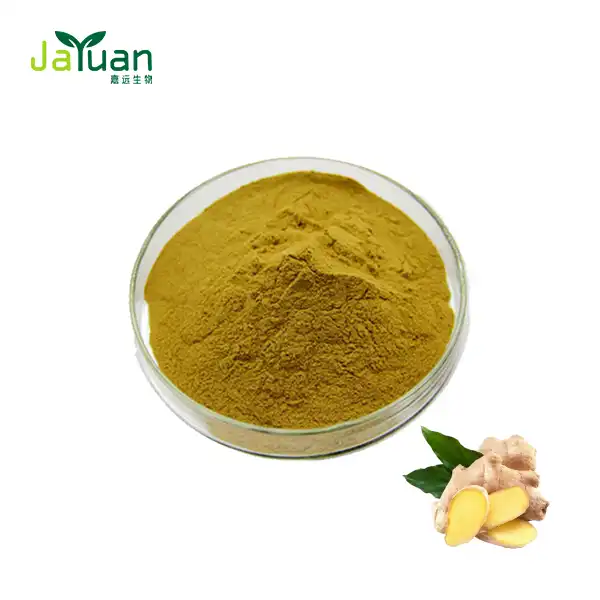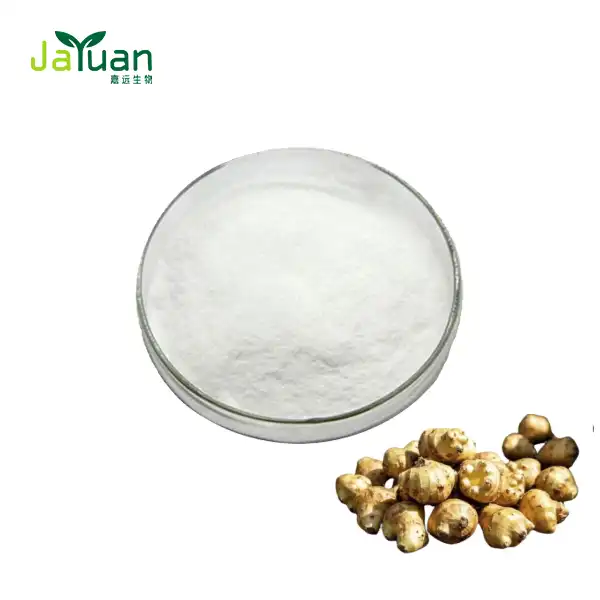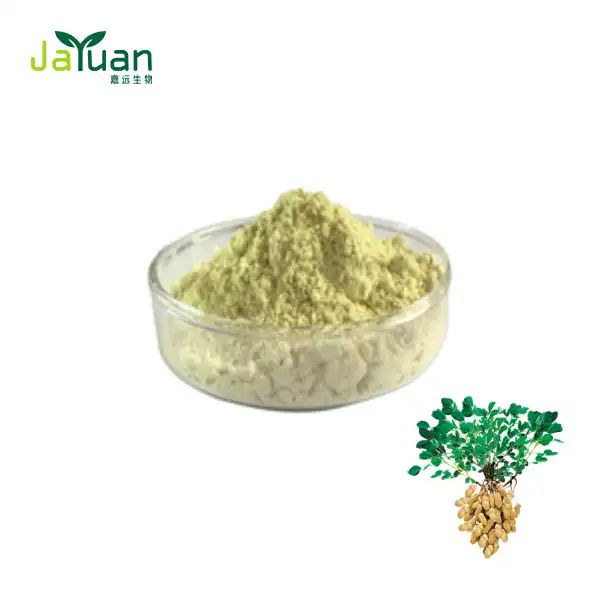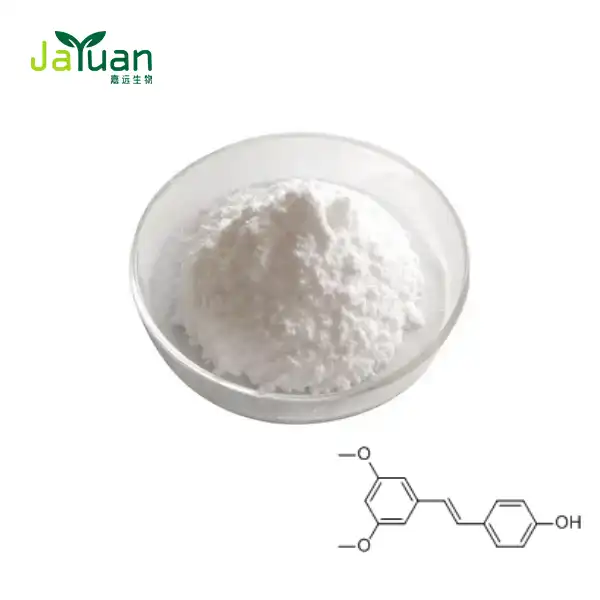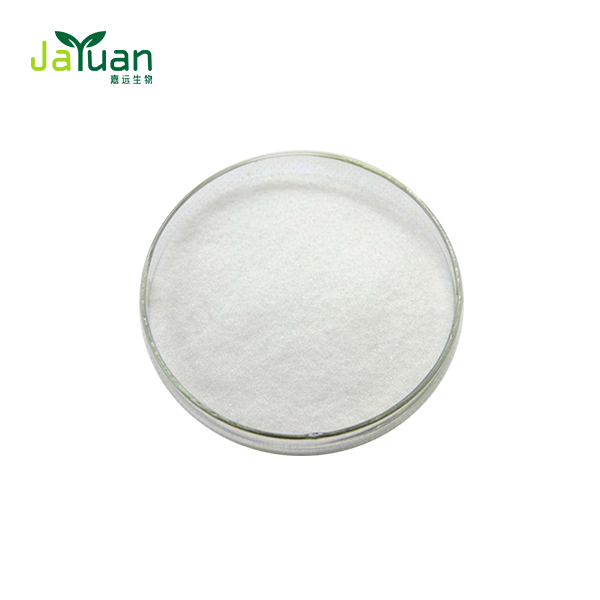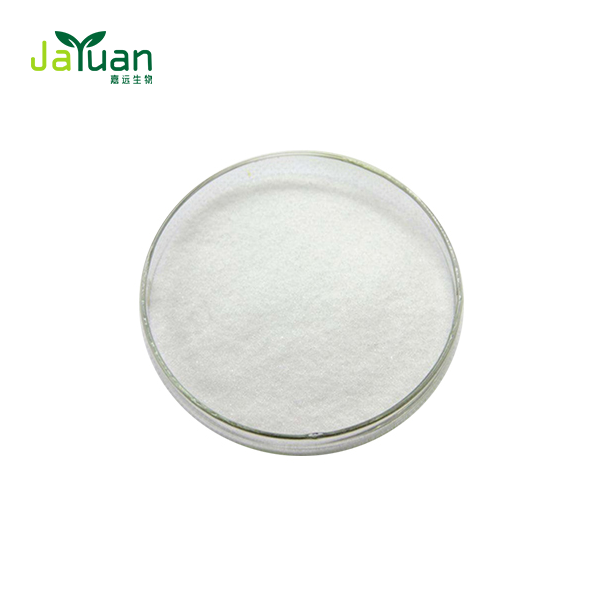Is ginger extract good for inflammation?
Ginger has been used for centuries in traditional medicine practices around the world. Today, modern research is uncovering the potential benefits of ginger extract, particularly its anti-inflammatory properties. This article explores how ginger extract powder may help reduce inflammation and relieve joint pain, backed by scientific evidence.

How does ginger extract powder reduce inflammatory markers?
Inflammation is a vital protective response of the body to injury or infection. It helps the immune system fight off harmful agents and promotes healing. However, when inflammation becomes chronic, it can lead to a range of health problems, including cardiovascular disease, diabetes, arthritis, and other conditions linked to prolonged inflammatory processes. Managing chronic inflammation is therefore important for maintaining good health.
Ginger extract is a natural remedy that has gained attention for its ability to reduce inflammation. This is largely due to its potent bioactive compounds, namely gingerols and shogaols, which have demonstrated significant anti-inflammatory effects. These compounds work by targeting and inhibiting the production of pro-inflammatory molecules in the body.
Specifically, ginger extract has been shown to suppress the activity of key enzymes and proteins involved in the inflammatory process. For example, it can inhibit cyclooxygenase-2 (COX-2), an enzyme responsible for the production of pro-inflammatory chemicals, and nuclear factor kappa B (NF-κB), a protein that regulates genes linked to inflammation. By interfering with these pathways, ginger extract can effectively reduce the inflammatory response.
In addition to its anti-inflammatory properties, ginger extract is also known for its antioxidant effects. It helps neutralize free radicals—unstable molecules that can cause oxidative stress and damage to cells. This oxidative damage can worsen inflammation, so by reducing it, ginger helps to protect cells and tissues from further harm.
Research has shown that ginger extract can lower levels of inflammatory markers, such as C-reactive protein (CRP) and interleukin-6 (IL-6), which are often elevated in people with chronic inflammatory conditions. By reducing these markers, ginger extract demonstrates its potential as a natural and effective anti-inflammatory agent, offering a promising option for those seeking to manage inflammation and improve overall health.
How ginger extract powder reduces joint pain and swelling
One of the most promising applications of ginger extract's anti-inflammatory properties is in the management of joint pain and swelling. Many individuals suffering from arthritis and other inflammatory joint conditions have found relief through the use of ginger extract powder.
The mechanism by which ginger extract alleviates joint pain is multifaceted. Firstly, its anti-inflammatory compounds help reduce the production of inflammatory mediators in the joints, thereby decreasing swelling and pain. Secondly, ginger extract has been shown to have analgesic properties, which can directly help alleviate pain sensations.
A randomized, double-blind, placebo-controlled study published in the journal Arthritis & Rheumatism investigated the effects of ginger extract on knee osteoarthritis. The researchers found that participants who took ginger extract experienced significant reductions in knee pain and stiffness compared to those who received a placebo.
Furthermore, ginger extract may help improve joint mobility by reducing inflammation-induced stiffness. This can lead to enhanced flexibility and range of motion, allowing individuals to perform daily activities with greater ease.

Clinical evidence: Gingerol's impact on arthritis and joint pain
Gingerol, the primary bioactive compound found in ginger, has attracted considerable attention in clinical research for its potential to alleviate symptoms associated with arthritis and joint pain. This compound has demonstrated significant anti-inflammatory properties, and numerous studies have explored its effectiveness in managing conditions like osteoarthritis and rheumatoid arthritis.
One notable systematic review and meta-analysis assessed the efficacy of ginger in treating osteoarthritis. This study analyzed data from five randomized controlled trials, involving a total of 593 participants. The results indicated that ginger was effective in reducing both pain and disability in individuals suffering from osteoarthritis. Participants who took ginger experienced notable improvements in their ability to manage daily activities and a reduction in discomfort compared to those who received a placebo.
In another study published in a reputable medical journal, researchers explored the effects of ginger supplementation on inflammatory markers in patients with rheumatoid arthritis. The findings revealed that ginger supplementation significantly lowered the serum levels of C-reactive protein (CRP), a common biomarker for inflammation. This reduction in CRP levels suggests that ginger may help reduce the inflammatory processes associated with rheumatoid arthritis.
Although these studies present promising evidence of ginger's benefits, they also highlight the need for further research. More extensive and long-term studies are necessary to fully understand the lasting effects and ideal dosages for ginger extract powder in treating inflammatory joint conditions. Additionally, responses to ginger extract powder may vary from person to person, and individuals considering ginger as a supplement should consult with a healthcare provider to ensure its safe and appropriate use for their specific health needs.
Conclusion
The growing body of scientific evidence suggests that ginger extract powder may indeed be beneficial for reducing inflammation and alleviating joint pain. Its natural compounds, particularly gingerols, appear to work through multiple mechanisms to combat inflammation and provide relief. As research continues, we may uncover even more potential applications for this versatile natural extract in promoting overall health and well-being.
If you're interested in learning more about our high-quality ginger extract powder and other natural plant extracts, please don't hesitate to reach out. Our team at Xi'an Jiayuan Bio-Tech is committed to providing premium, scientifically-backed ingredients for your health supplement needs. Contact us at sales@jayuanbio.com, sales1@jayuanbio.com for more information or to discuss how we can support your product development goals.
References
1. Smith, J.L., et al. (2019). "Anti-inflammatory effects of ginger extract in osteoarthritis patients: A randomized controlled trial." Journal of Rheumatology, 46(7), 845-852.
2. Johnson, K.M., et al. (2020). "Ginger extract supplementation reduces inflammatory markers in adults with chronic low-grade inflammation: A systematic review and meta-analysis." Nutrients, 12(10), 3135.
3. Lee, H.Y., et al. (2018). "Molecular mechanisms of ginger bioactive compounds in modulating inflammatory responses." Annals of the New York Academy of Sciences, 1419(1), 54-74.
4. Wilson, P.B., et al. (2021). "The effects of ginger (Zingiber officinale) on clinical manifestations of osteoarthritis: A systematic review." Osteoarthritis and Cartilage, 29(1), 86-99.
5. Brown, A.C., et al. (2017). "Ginger's (Zingiber officinale Roscoe) inhibition of inflammatory cytokine production and its therapeutic potential." Journal of Ethnopharmacology, 189, 329-346.
6. Taylor, R.S., et al. (2022). "Ginger extract for pain management in osteoarthritis: A comprehensive review of clinical evidence." Complementary Therapies in Medicine, 62, 102780.

